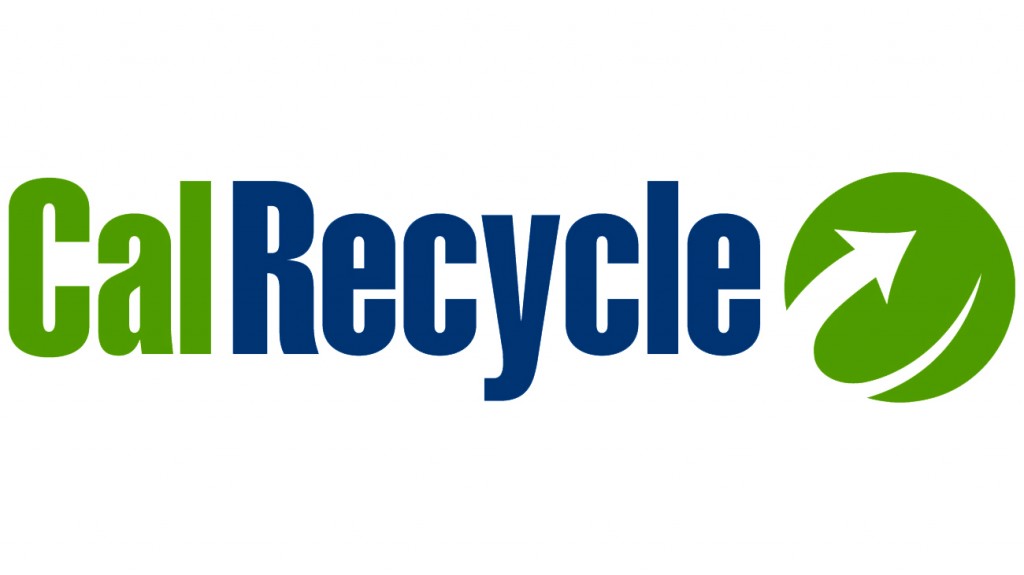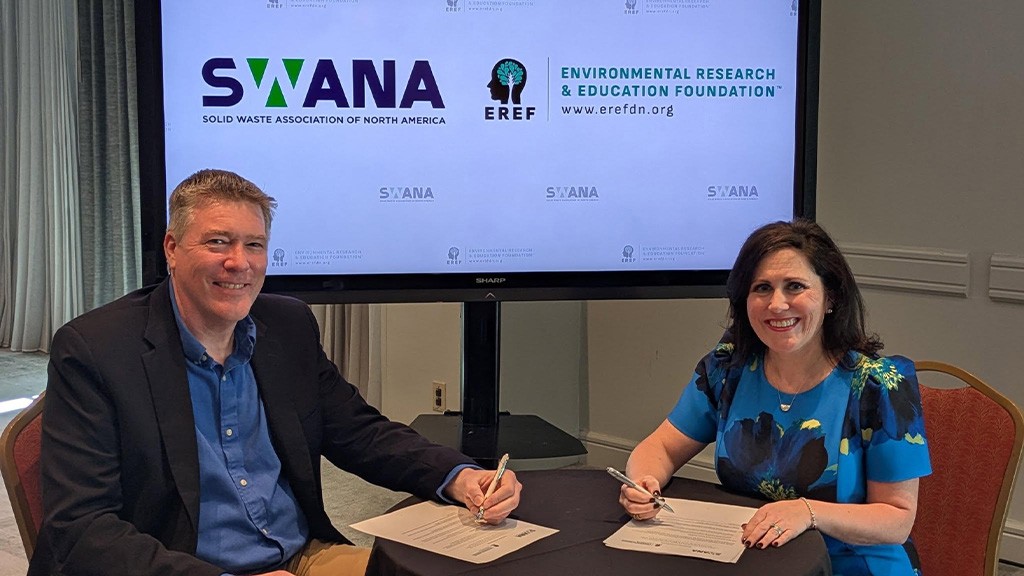California cracks suspected bottle and can recycling fraud ring
Arizona-to-California network linked to fraudulent redemption scheme

California agents arrested nine suspects in a move to dismantle an organized recycling fraud ring that stretched from Phoenix to Los Angeles. The multi-state network of buyers, sellers, baggers, loaders and drivers are believed to be responsible for smuggling semi-truck loads of ineligible out-of-state containers into the state for fraudulent redemption at multiple Southern California recycling centers.
"Recycling fraud is a serious crime with real consequences for the offenders," said CalRecycle Acting Director Ken DaRosa. "CalRecycle tackles this problem through an effective collaboration with law enforcement partners who are committed to finding those who would attempt to defraud the state."
California's Beverage Container Recycling and Litter Reduction Act incentivizes recycling through a California Redemption Value (CRV) fee paid by California consumers at the time of purchase and refunded upon return of the empty beverage containers to state-certified recycling centers. Because the fee is not paid on beverages purchased outside the state, those containers are not eligible for CRV redemption.
"The CRV recycling program is a publicly-funded program meant to better our environment and benefit our communities," said Attorney General Xavier Becerra. "Individuals who cheat the program cheat their fellow Californians. Losing a valuable service which reduces landfill waste is not an option. At the California Department of Justice, we continue to investigate recycling fraud and hold perpetrators accountable."
During the months-long investigation, the defendants allegedly brought truckloads of nonredeemable material from Arizona to storage facilities and recycling centers in Southern California in order to redeem the material for money and defraud California's CRV fund. Drivers deliberately took a long, circuitous route in order to avoid inspection by the California Department of Food and Agriculture. The defendants are Raymundo Montoya, Sergio Hernandez, Ignacio Razo, Marvin Ren Amira Chali, Tomas Dominguez, Irving Dominguez Flores, Michael Dominguez, Job Robles-Pelaez, and Zayda Garcia Mejia.
The defendants have been charged with felony recycling fraud, conspiracy, and grand theft. Additionally, the truck drivers involved may face suspension of their commercial driver's licenses and impounding of their tractor-trailers. Upon conviction, felony recycling fraud and related crimes carry a potential sentence of six months to three years behind bars in addition to fines, court-ordered restitution, and possible loss of driver's license and/or vehicle.
It is important to note that a criminal complaint contains charges that are only allegations against a person. Every defendant is presumed innocent until proven guilty.
At a Glance: California's Beverage Container Recycling Program
Californians have recycled more than 400 billion bottles and cans since the passage of its Bottle Bill in 1986, increasing the state's beverage container recycling rate from 52 percent in 1988 to its current rate of 75 percent. Californians recycled 18 billion of the 24 billion CRV beverage containers they purchased in 2019.
California's Beverage Container Recycling and Litter Reduction Act incentivizes people to recycle through a California Redemption Value (CRV) fee paid by California consumers at the time of purchase and refunded upon return of the empty beverage containers to CalRecycle-certified recycling centers or obligated retailers.
CalRecycle safeguards California's Beverage Container Recycling Program through:
- Interagency agreements with the California Department of Justice and the California Department of Food and Agriculture to combat recycling fraud, resulting in 276 arrests since 2010.
- Enhanced precertification training of recycling center operators to ensure program compliance, including documentation requirements and enforcement of daily load limits.
- Probationary reviews and site inspections of recycling centers.
- Certified processor oversight measures, including load inspections of recycling center shipments.
- Monitoring and tracking of imimported materialorted material reports, submitted by anyone hauling more than 25 pounds of aluminum, bimetal, or plastic, or more than 250 pounds of glass into the state of California.
- Internal monitoring and risk assessment of daily claims for reimbursement and post-payment reviews/investigations of Beverage Container Recycling Program participants.
Californians are encouraged to report suspected recycling fraud or bottle redemption violations to CalRecycle's toll free number (1-800-RECYCLE) or via email at complaints@calrecycl[email protected].ca.gov.



